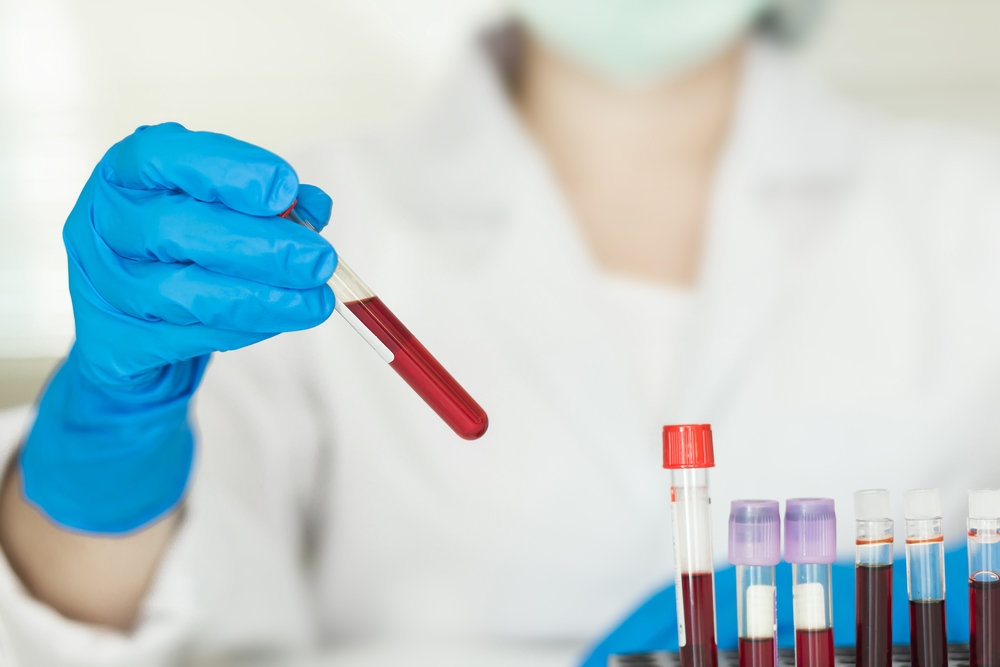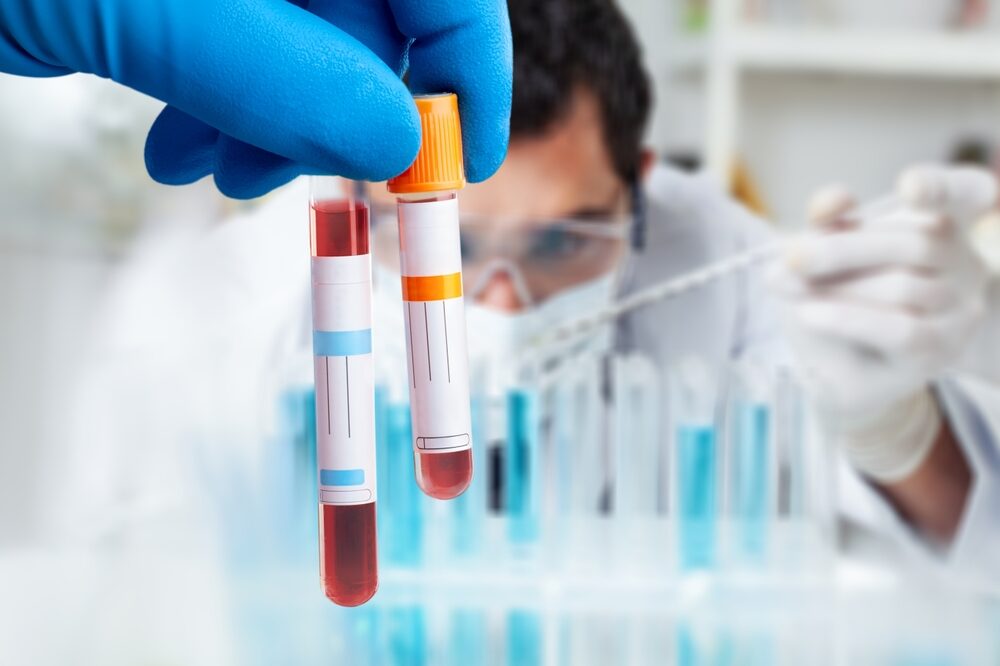
☝️ The most important facts in brief
- Transfusion physicians are medical specialists who specialise in the collection, production and testing of blood and blood products as well as stem cell preparations and tissue donations.
- Transfusion medicine has been an independent medical speciality with corresponding specialist training in Germany since 1992.
- To become a specialist in transfusion medicine, you must first complete your medical studies and then complete 5 years of further training.
📖 Table of contents
Transfusion physicians play a central role in the safe supply of donated blood and blood products to patients. They are experts in the production and testing of these products and ensure that they fulfil all quality standards and are as low-risk as possible. Transfusions and transplants can be carried out effectively and safely thanks to transfusion medicine specialists.
Are you interested in studying medicine?
We will be happy to advise you free of charge about your options for studying medicine, including advice on studying medicine in another EU country, which is fully recognised in Germany.
What does a specialist in transfusion medicine do?
As a specialist in transfusion medicine, you will deal with the collection of blood, which can be transferred to patients in many different forms. You are responsible for the safe performance of transfusions, stem cell transplants and organ donations.
The tasks of the doctor in transfusion medicine include patient care, co-operation with blood donors and the complete documentation of the origin of the blood products.
This is to ensure the efficacy, tolerability and safety of the treatment. If a blood donation subsequently proves to be a risk for the recipient, the donation in question can be traced and withdrawn from circulation.
Monitor blood products
Specialists in transfusion medicine ensure that blood components and stem cell preparations are processed and stored safely.
By determining blood groups and testing for autoantibodies, they ensure that haemotherapy patients receive exactly the products they can tolerate. Blood donation campaigns must always take place in suitable rooms and under hygienic conditions. Blood donors must be healthy.
Before the donated blood is transfused to another person, it is thoroughly analysed to rule out HIV, hepatitis and other infectious diseases.
Collaboration with many different departments
Transfusion physicians usually work across departments in a large institution such as a clinic. People who need a transfusion, a stem cell transplant or other blood components are treated in a wide variety of specialities. For example, they can be treated in the Oncology, in the Surgery or on the paediatric ward.
A doctor specialising in transfusion medicine is therefore not usually assigned to a specific department in the hospital, but is sent to wherever he or she is needed. There he ensures that the correct blood product is administered and that there are no undesirable side effects due to autoantibodies or other problems.
Evaluation of the compatibility of donor and recipient
In transfusion medicine, it is essential that the donor's blood product is compatible with the recipient's organism. As a specialist in transfusion medicine, you carry out comprehensive tests to check whether blood and stem cells are suitable for haemotherapy in a particular recipient.

Transfer of blood and tissue
The provision of the correct blood or other products is crucial for the success of the treatment. To ensure that nothing goes wrong or is mixed up, the preparation of a transfusion must be carried out with great care.
How to become a specialist in transfusion medicine
After studying medicine, you can specialise in various fields. We will now show you what you need to do to become a transfusion doctor.
Medical studies
First you must Study human medicine and Become a doctor. During your studies, you will be exposed to a wide range of different subject areas. Contact us. Only then is it possible to begin further training in transfusion medicine. The degree programme lasts 6 years and is divided into a pre-clinical and a clinical part.
Specialist training
After completing your studies, you can work as a junior doctor and take additional training periods to complete your specialist training. This takes five years and includes all the training content that you will later need in transfusion medicine.
Transfusion physicians in research and development
As a doctor specialising in transfusions, you do not necessarily have to be responsible for activities in a clinic. Research in this field is also very interesting, as new findings are constantly emerging, leading to the rapid development of this speciality.
Career and earning potential
During your specialist training, you will work as a junior doctor and generally earn between 4,500 and 5,000 euros gross. Fully qualified specialists then earn around 1,000-2,000 euros more per month. If you become a head physician or reach another senior position, the content of your employment contract and therefore your salary will be determined individually.
Free information material
Studying medicine abroad 🎉
Order your info pack now, find out more about the Studying medicine abroad and get started as a medical student!





